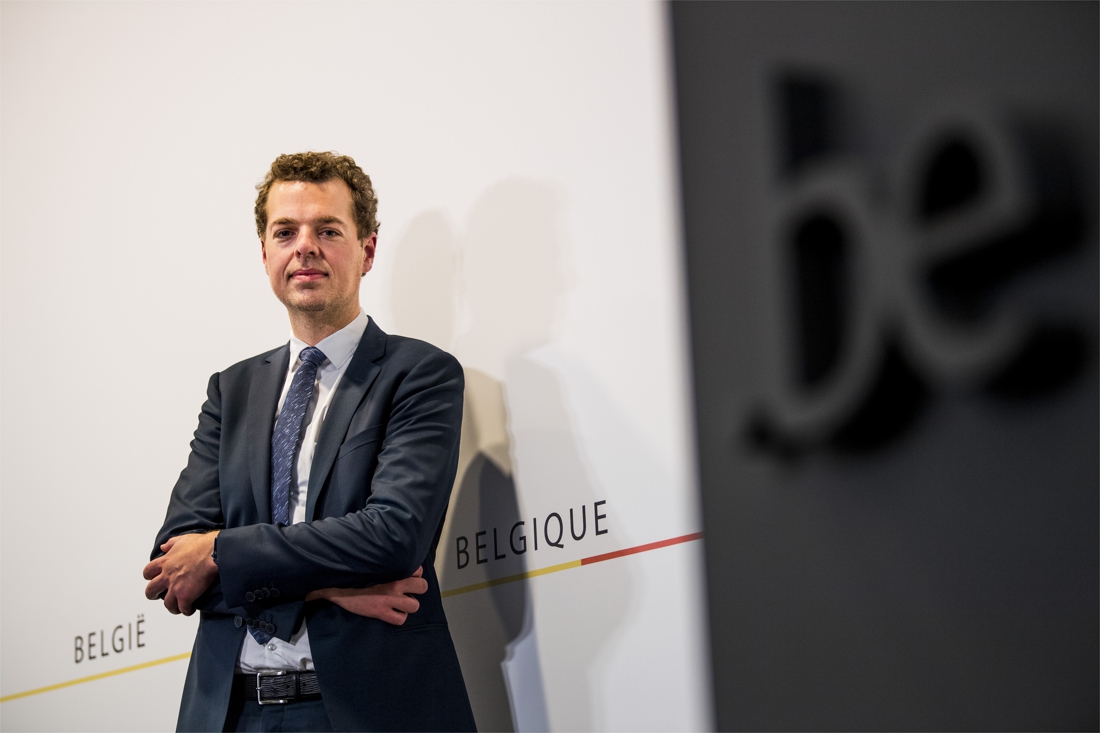At a key summit in Brussels today, the presidents and prime ministers of the European Union countries broke the stalemate over the future seven-year budget and the coronavirus crisis fund, the approval of which has so far been blocked by Hungary and Poland. The chaos surrounding this issue lasted several weeks.
–
According to the new agreement, the budget and the associated fund with a total value of over 1.8 trillion euros (almost 50 trillion crowns) will be available to all 27 member states from next year.
–
Deal on the #MFF and Recovery Package #NGEU
Now we can start with the implementation and build back our economies.
Our landmark recovery package will drive forward our green & digital transitions. #EUCO
– Charles Michel (@eucopresident) December 10, 2020
–
According to European Council President Michel, it is time to “start putting the budget into practice and get our economies back on their feet”.
–
The leaders agreed with the proposal of the German presidency, which persuaded Budapest and Warsaw to withdraw the veto. The clarification text sets out a number of additional conditions under which a country can be cut off from EU finances if it does not respect the rule of law.
–
For weeks, the governments of Poland and Hungary blocked the adoption of the EU budget for 1.121 trillion euros for 2021 to 2027, as well as a pandemic economic recovery fund of 750 billion euros (almost 20 trillion crowns), which is to be financed by a joint loan. The Czechia should receive 182 billion crowns in terms of the coronavirus fund alone.
——
The two Central European countries, with which the EU institutions have been conducting proceedings for several years due to fears of restricting the independence of the judiciary or the media, did not initially want to accept the condition at all. According to Poles and Hungarians, the union of money and the rule of law has no basis in EU treaties. One of the concerns of the leaders of both states was also that the introduction of the condition could be a way to the disintegration of the European Union in the future.
–
Countries that are among the most vocal supporters of the new mechanism, such as the Netherlands and Belgium, have expressed concern that the additional conditions do not restrict its functioning too much, but in the end they agreed. Dutch Prime Minister Mark Rutte demanded assurances that the additional text would not bother MEPs, most of whom combined the money and the government’s strong rights. EP chief David Sassoli then told leaders that he considered the compromise acceptable.
–
French President Emmanuel Macron also responded to the solution to the agreement, saying that “Europe is moving forward, united and with its values”.
–
The approved text states, inter alia, that the application of the new rule will be “objective, fair, impartial and factual.” The proposal also envisages that if the European Commission wants to stop drawing subsidies to a state on the basis of a condition related to the rule of law, the matter will first have to be assessed by an EU court.
–
“I understand that some countries may want to go to the EU Court of Justice for complete legal certainty on this important matter. It is their right. I expect this process to be fast. In my opinion, it will be months rather than years, “said Věra Jourová, Vice-President of the Commission, after the compromise was approved. She described as positive the fact that nothing had changed on the principle itself.
—


